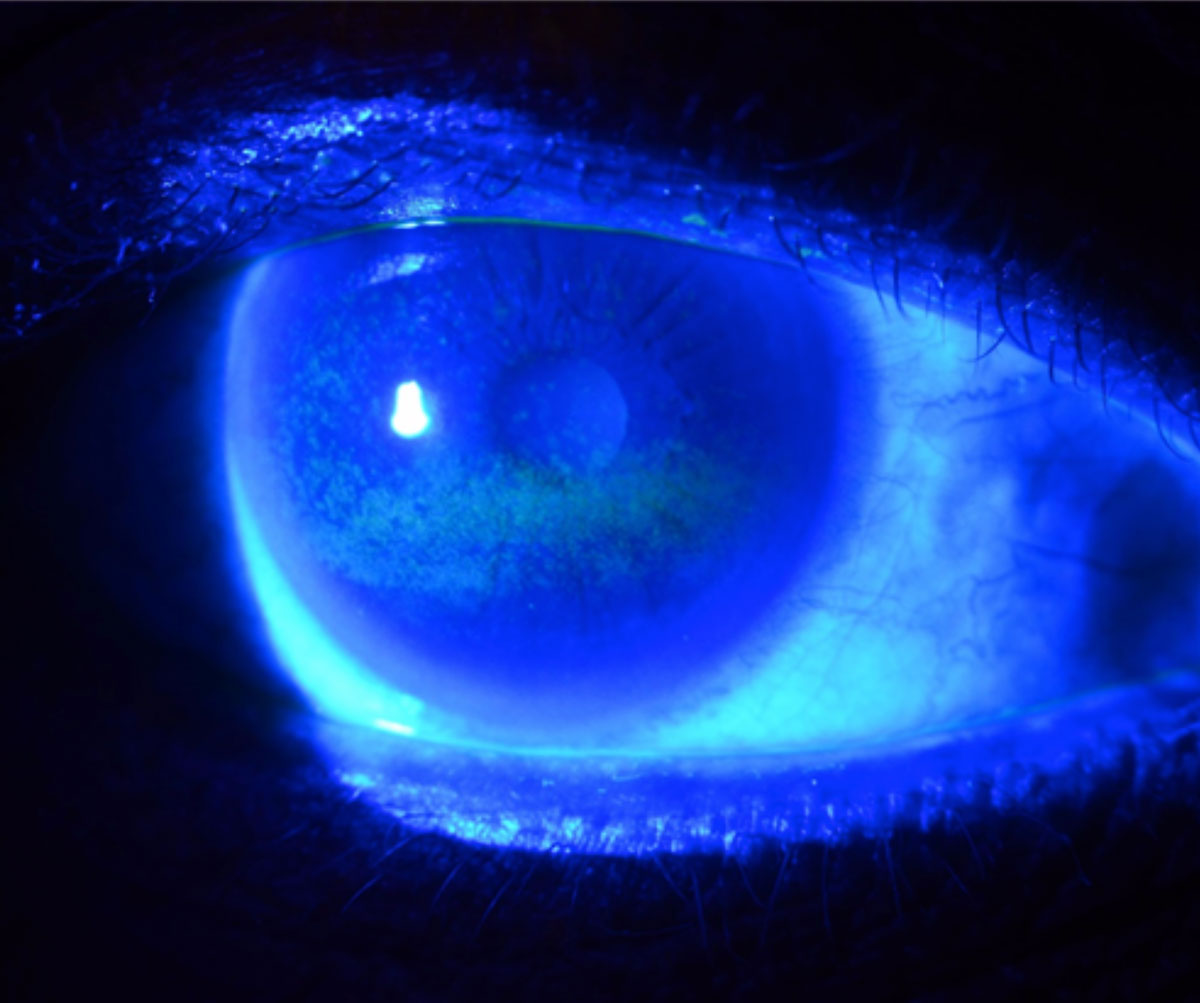 |
Use of several systemic medications may increase a patient’s chances of developing worse dry eye. Photo: W.R. Buie, OD. Click image to enlarge. |
Many systemic medications have been reported to be associated with dry eye disease (DED), yet their associations with the severity of DED are not well studied. Researchers recently evaluated whether various classes of systemic medications are associated with the severity of DED signs and symptoms via secondary analysis of data from the Dry Eye Assessment and Management (DREAM) study, a large multicenter, randomized, placebo-controlled clinical trial of patients with moderate to severe DED. They present their findings today at ARVO 2023 in New Orleans.
A total of 535 patients with moderate to severe DED self-reported their current use of systemic medications. At baseline, six and 12 months, DED symptoms were assessed using the Ocular Surface Disease Index and DED signs were evaluated through use of tear breakup time (TBUT), Schirmer’s test, corneal fluorescein staining, conjunctival lissamine green staining, meibomian gland dysfunction and tear osmolarity.
Systemic medications were categorized into the following classes: statin, proton pump inhibitor, aspirin, vitamin D3, nonsteroidal anti-inflammatory drugs, steroids, diuretics and medications for treating hypothyroidism, diabetes, hypertension, seizure and migraine. Generalized linear models compare the scores of DED signs and symptoms between users and non-users of each of these medication classes, with adjustment factors that were previously found to be associated with severity of DED in the DREAM study.
Below are some of the notable findings among drye eye patients taking various medications compared with non-users:
- aspirin users had lower TBUT
- steroid users had lower TBUT, lower Schirmer test scores and higher tear osmolarity
- seizure medication users had higher composite dry eye severity scores
- vitamin D3 users had lower TBUT and greater meibomian gland abnormality
- migraine medication users had lower Schirmer test scores
- diuretic users had less meibomian gland abnormality
- none of the meds for systemic conditions (e.g., diabetes, hypertension) was associated with symptom severity
The team concluded in their abstract that “use of aspirin, steroids, vitamin D3 and medications for seizure and migraine was associated with worse DED severity, while the use of diuretics was associated with less meibomian gland abnormality. No systemic medications were associated with DED symptom severity.”
Original abstract content © Association for Research in Vision and Ophthalmology 2023.
Guo M, Patel C, Yu Y, et al. Association between systemic medication use and severity of dry eye symptoms and signs in the DREAM study. ARVO 2023 annual meeting. |


